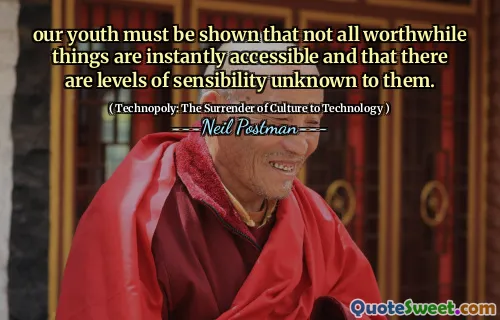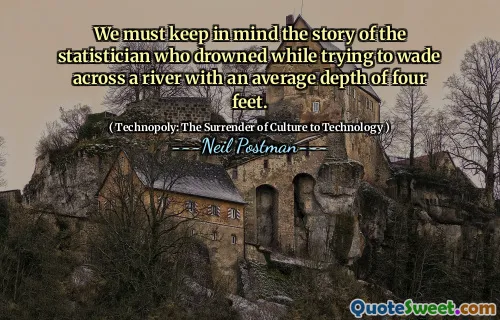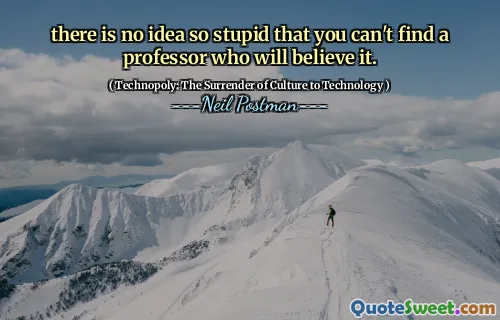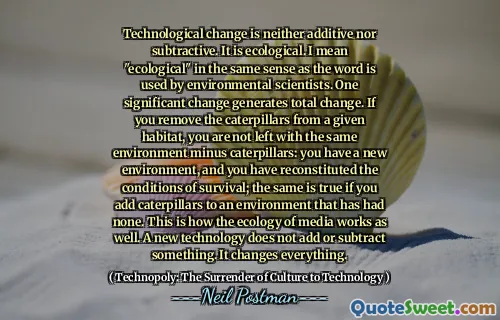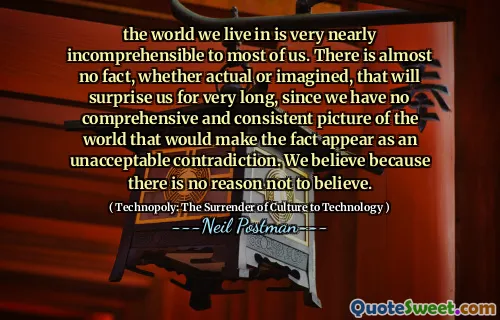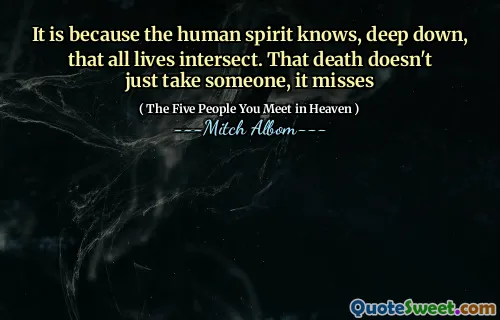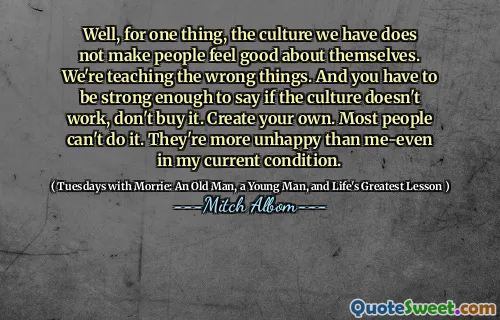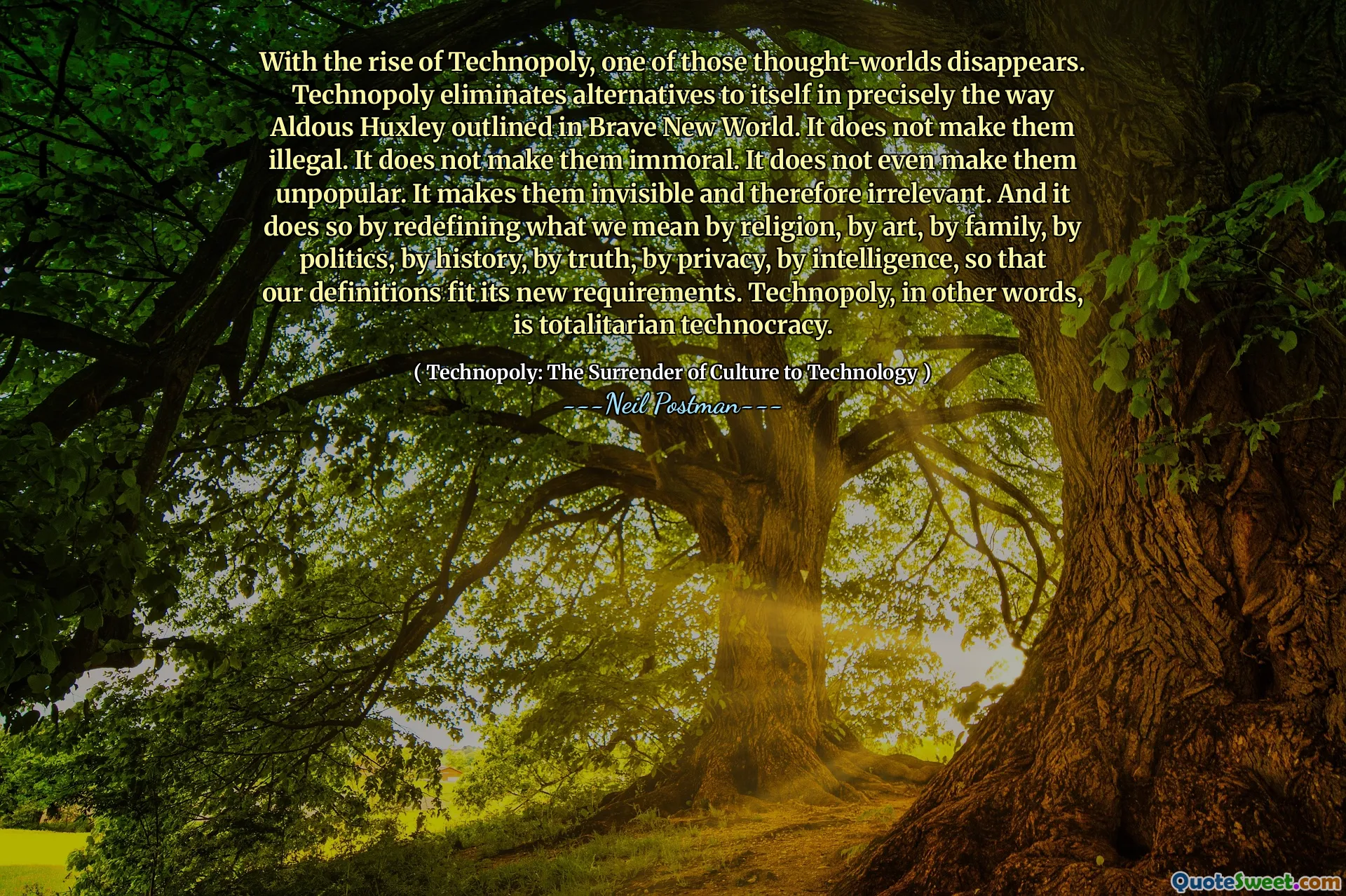
随着技术垄断的兴起,其中一个思想世界消失了。 Technopoly以Aldous Huxley在勇敢的新世界概述的方式中消除了自身的替代方案。它不会使它们非法。它不会使他们不道德。它甚至不会使它们不受欢迎。它使它们看不见,因此无关紧要。这样做是通过重新定义宗教,艺术,家庭,政治,历史,真理,隐私,智能的含义,以便我们的定义符合其新要求。换句话说,技术垄断是极权主义的技术专制。
(With the rise of Technopoly, one of those thought-worlds disappears. Technopoly eliminates alternatives to itself in precisely the way Aldous Huxley outlined in Brave New World. It does not make them illegal. It does not make them immoral. It does not even make them unpopular. It makes them invisible and therefore irrelevant. And it does so by redefining what we mean by religion, by art, by family, by politics, by history, by truth, by privacy, by intelligence, so that our definitions fit its new requirements. Technopoly, in other words, is totalitarian technocracy.)
尼尔·波斯曼(Neil Postman)在他的书《技术垄断:技术投降》中,讨论了技术垄断的兴起如何导致替代思想体系的消失。根据Postman的说法,技术垄断不会完全禁止或谴责这些替代方案。相反,它使它们看不见和无关紧要。这种转变发生在社会对宗教,艺术和真理等关键概念的定义,以与技术垄断的要求保持一致。
含义是深刻的,这表明技术垄断而不是直接抑制思想,而是重新定义了文化规范。结果,它将自己确立为极权主义技术的一种形式,在这种形式上,传统价值观和替代方案逐渐从公众意识中删除。这种转变凸显了技术对社会的强大影响,不仅塑造了我们的日常生活,而且塑造了我们的基本信念和价值观。
